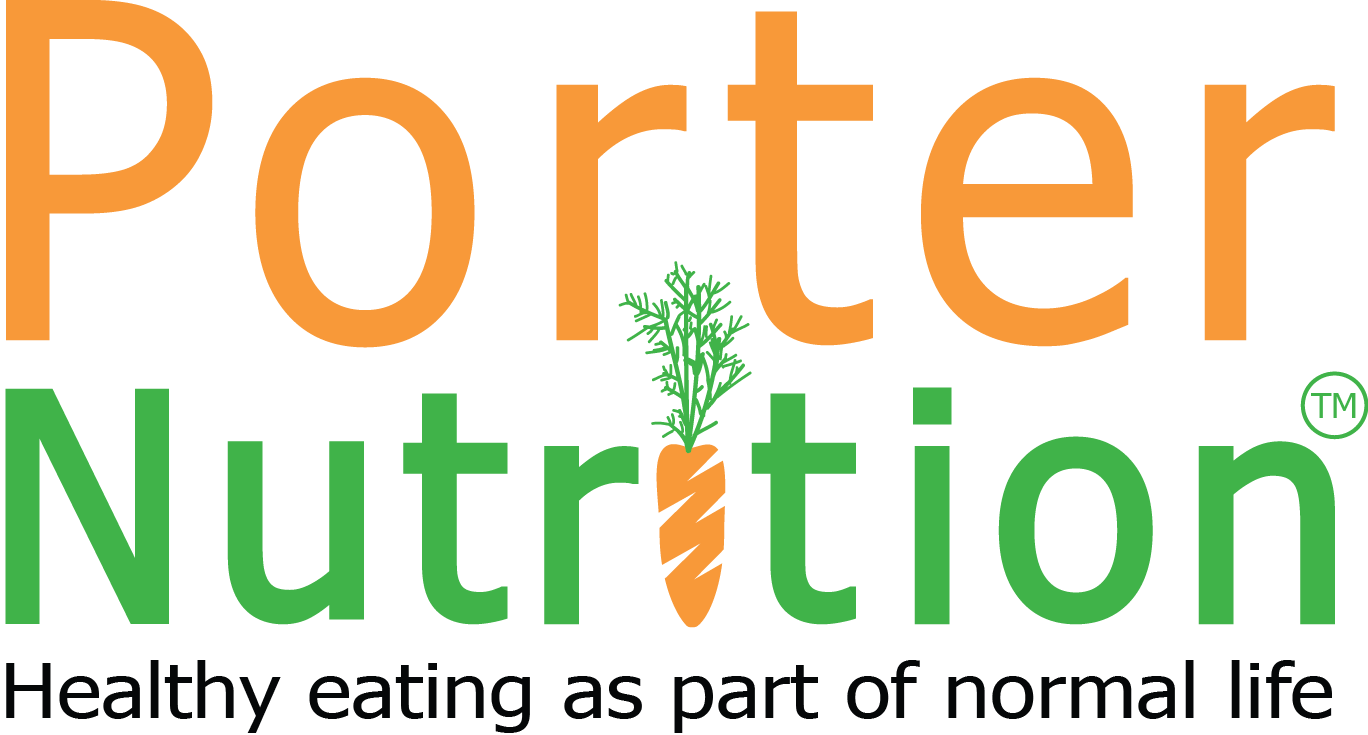My clients often ask me about bloating. It’s very common. It’s also very uncomfortable for anyone who is experiencing it.
What do I do first?
As a Registered Nutritionist, I will always ask clients to see their GP to rule out any underlying medical conditions before we try to work together. Why? Not because I want to waste GPs time but because I have to act in the best interests of my clients. Any qualified nutritionist should do this.
What will GPs be looking for?
Well, I’m not a GP so I can’t give you a definitive answer but bloating can be a sign of coeliac disease, irritable bowel syndrome (IBS), food intolerances, bacterial overgrowth and ovarian cancer. It’s important to rule these out before working with a nutritionist. If any of these are identified, your GP will be able to tell you whether you can access NHS services for support.
What happens if I want support after I have seen my GP?
I can support you with getting the right nutrition if you have a diagnosed intolerance, or if your GP says there are no underlying medical conditions causing your bloating.For Coeliac disease, bacterial overgrowth and cancer you will need to see a dietitian for nutrition support. For IBS you will need to see a specially trained nutritionist or dietitian. I can suggest suitable professionals if you would like.
What will we do in consultations?
Together we will be looking at your diet, when and how you eat, and all sorts of things about your lifestyle. I will then help you come up with a plan to change things to try to address the bloating. Bloating can be linked the the food and drinks we eat, how they are prepared and also how and when they are eaten so it’s important we look at lifestyle from all angles.
Disclaimer: This is not individual advice. Please see your GP if you experience regular bloating. I can provide further support once you have seen your GP.

